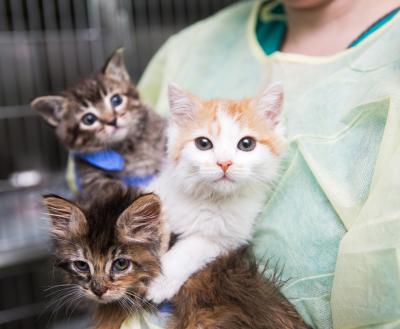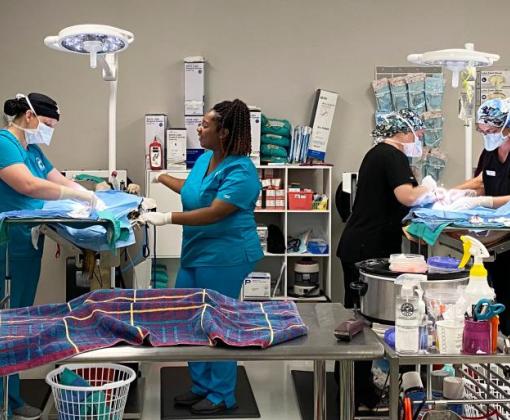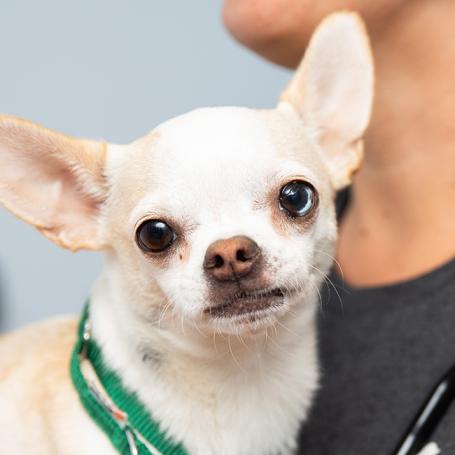
Shelter medicine saves lives
Provide high-quality medicine and surgery to more pets — for less.
If you’re a shelter that’s looking to improve and extend your veterinary resources, consider our national shelter medicine program. We offer on-site and virtual support for high-quality, high-volume spay/neuter (HQHVSN) services and other key lifesaving services, all while preserving your staff’s well-being.
Best Friends National Shelter Medicine Program
Every size and type of shelter can benefit, improving shelter medicine to saves lives.
Whether you’re a big city shelter or a rural clinic, you’ll get expert advice, training, and support — even if you don’t have a shelter medicine program in place. We offer shelter assessments and expert follow-up three ways: on-site, virtually, and at Best Friends workshops.
Participants have a choice of these offerings:
Program assessments
Comprehensive shelter medicine program assessments
Image
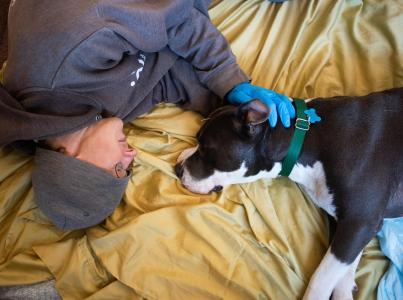
Consultations
Infectious disease consultation and outbreak response
Image
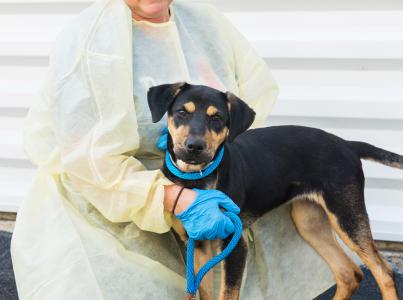
Mentorships
On-site or virtual shelter medicine mentorships
Image
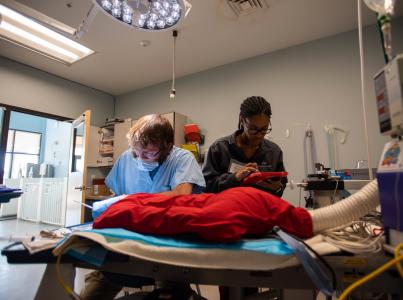
National shelter medicine program assessments
You’ll get comprehensive or targeted assessments, geared directly to your needs.
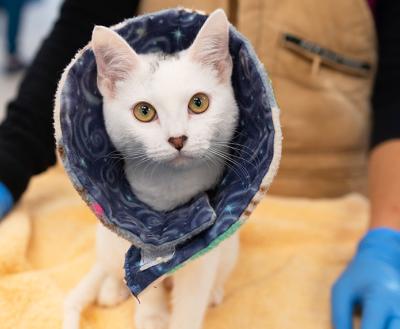
Shelter medicine mentorships — virtual and on-site
Get expert help designing and implementing treatment programs that really make a difference.
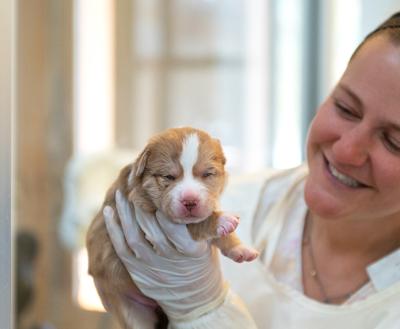
Infectious disease consultation and outbreak response
Don’t let disease impact your lifesaving work.
Want to improve training opportunities at your shelter?
The Shelter Collaborative Program pairs mentors from no-kill shelters with colleagues from shelters moving toward no-kill.
